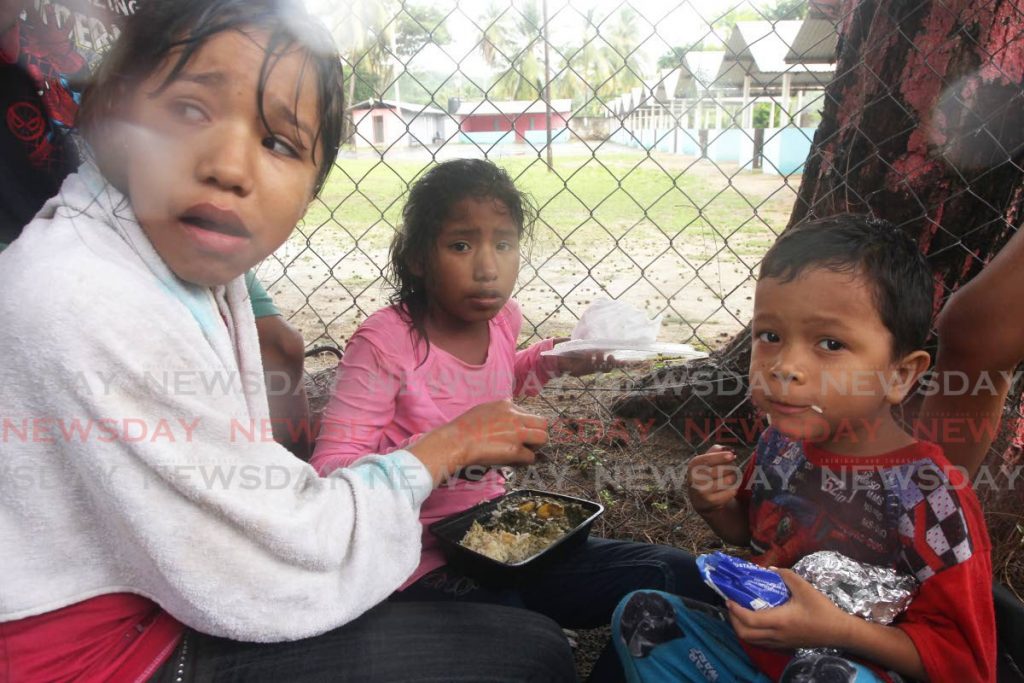Trinidad and Tobago's refugee shame

World Refugee Day, 2021, is being celebrated today under a theme of inclusion, with a specific call to accept refugees in the health systems and schools in the nations that host them.
The theme encourages host nations to consider the challenge that refugees face in a strange country in the global pandemic.
That's particularly relevant to Trinidad and Tobago.
The low-end service and retail jobs that employed many migrants have disappeared since restrictions have intensified, leaving many jobless and broke.
The European Union issued a statement noting that TT's "displaced population has been under increased pressure as they each also wrestle the social and economic challenges caused by the covid19 pandemic."
The EU recently committed US$3.3 million to meet the needs of refugees and migrant children in TT, Brazil, Colombia, the Dominican Republic, Ecuador and Peru.
In the statement, the EU ponders the possibility that the TT refugee and migrant population might reach 31,000 in 2021.
That number might well be tempered by the circumstances in which many Venezuelan migrants find themselves well in the second year of covid19 restrictions.
By the end of May, thousands of names of migrants seeking repatriation were added to lists at the Venezuelan Embassy and local support NGO La Casita de Arima.
One local shipping company, Puerto Caribe, which has offered to return migrants to Venezuela, has compiled a list of 6,567 hopefuls.
Recent conversations between the National Security Minister and migrant representatives of the group hoping to return home have been cordial and mutually fruitful, an improvement in the approach to the Venezuelan presence in TT.
In November and December, Justices of the High Court intervened on at least three occasions to stop the government from deporting migrants, with the state moving repeatedly to quickly repatriate deportees despite the intent of the court.
While it serves no-one's interests to allow unfettered access to this country's borders, the continuing inability of this country to craft laws that acknowledge our responsibilities as a signatory to the 1951 Convention on the Status of Refugees is appalling.
At least one major pain point is the government's apparent unwillingness to engage the very specific issues raised by a significant number of school-aged children in the migrant families living in TT.
That particular task has been largely taken up by the Equal Place project, a collaboration between the Living Water Community, Education Ministry, Catholic Education Board and an alphabets worth of NGOs who are preparing 1,080 migrant children using virtual school to eventually join public schools.
This country's first step should be to formally articulate its position on refugees and migrants and express that through laws that manage our migrant visitors fairly and consistently.


Comments
"Trinidad and Tobago's refugee shame"